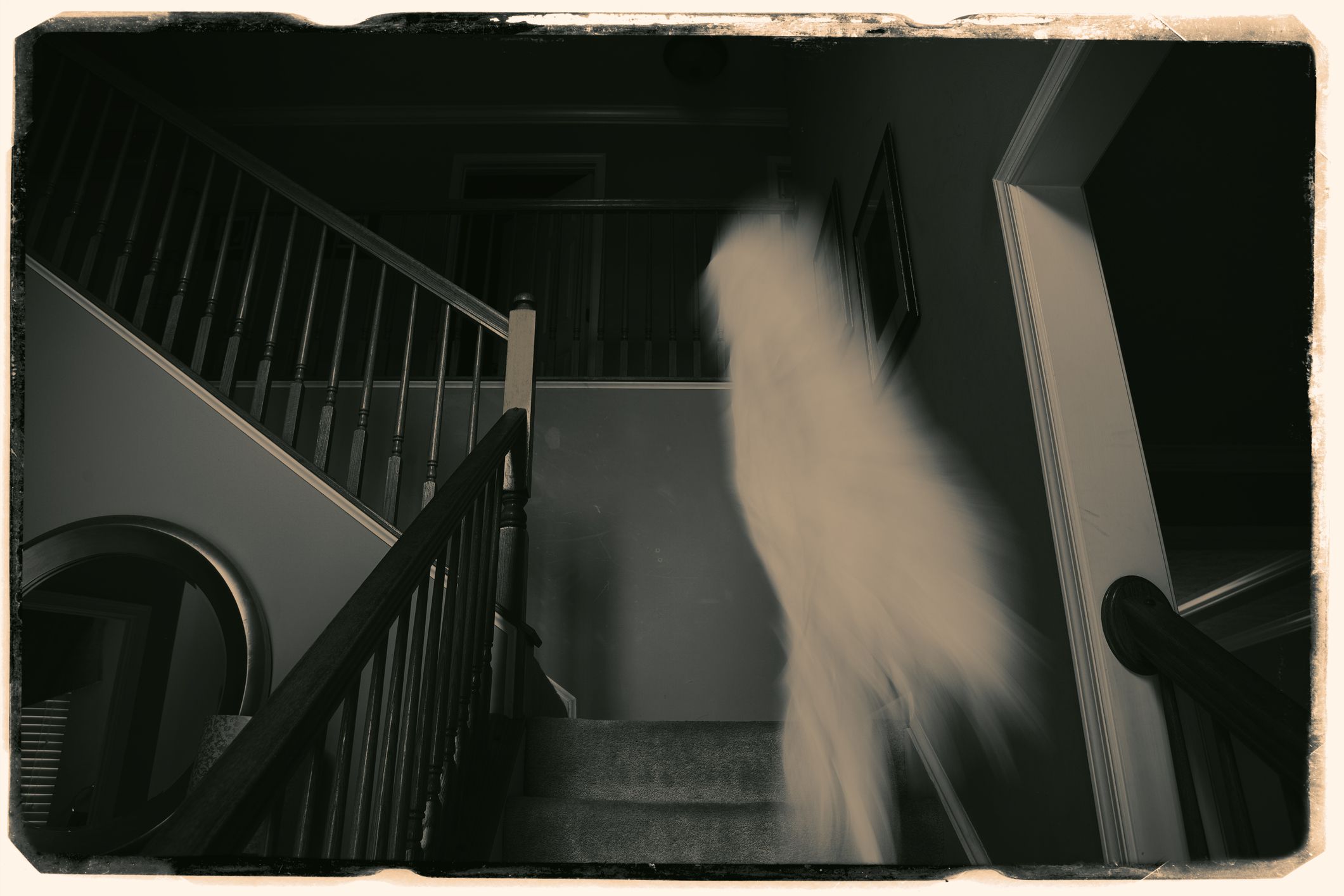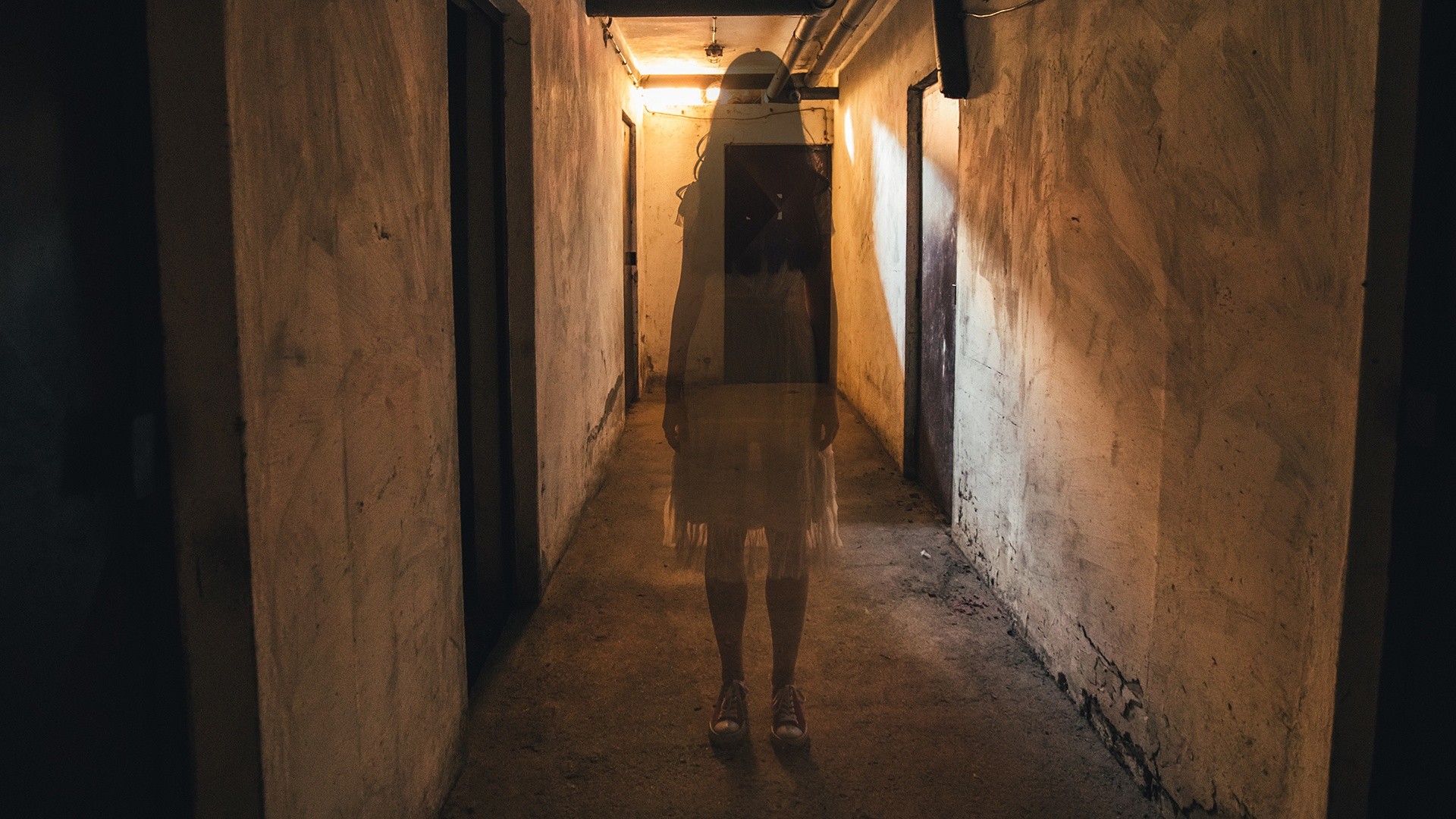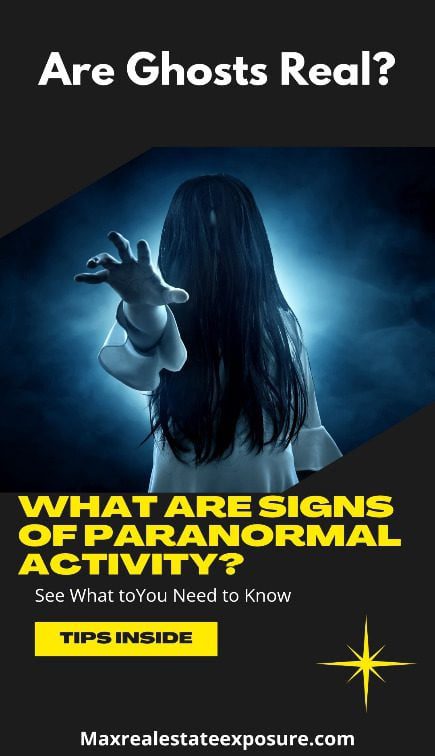Are Ghosts Real - Exploring The Unknown
Have you ever felt a sudden chill when no window was open, or maybe heard a faint sound when you were completely alone? Perhaps you've misplaced your keys only to find them in a really odd spot, or even thought you saw a quick glimpse of someone who isn't around anymore. It's almost, you know, like something else is at play. These sorts of happenings, from a door just closing by itself to a cold spot in a room, or even seeing a relative who has passed on, get connected to what people call ghosts. It's a surprisingly wide mix of things, actually, that folks will say are ghost-related.
For a long time, people have been wondering about what happens after we leave this life. Is there something more? Is it possible for there to be ghosts? These questions, so, have been asked by many, many people across different cultures and throughout history. You might get a tingling feeling on the back of your neck, or a sudden sense of unease, and you just wonder if there's a good explanation for that. It's something that really makes you think, isn't it?
We're going to take a look at some of the thoughts and experiences people have shared about these sorts of things. We'll explore what some folks believe happens after we die, and what some experts have to say about hauntings, strange happenings, and those mischievous poltergeists. It's a pretty interesting topic, to be honest, and one that many people feel quite strongly about.
Table of Contents
- What Sort of Things Do People Call Ghostly?
- How Many People Think Are Ghosts Real?
- What Do the Experts Say About Are Ghosts Real?
- Can Science Explain Why People Feel Ghosts Are Real?
- Looking at the Evidence for Are Ghosts Real
- The History of Chasing Are Ghosts Real
- What About Beliefs and Are Ghosts Real?
- Family and Are Ghosts Real
What Sort of Things Do People Call Ghostly?
When we talk about ghosts, it’s not just one single thing people are thinking about. It's a very broad category, actually. For instance, some folks might talk about a door closing all by itself when there's no breeze. Others might mention finding their car keys in a really strange spot, like in the refrigerator, and they just can't figure out how they got there. Then there are stories about feeling a sudden cold spot in a hallway, even when the heating is on full blast, which is a bit unsettling. And, you know, some people even report seeing a clear image of a family member who has passed away, which can be quite moving or even startling.
Sociologists Dennis and Michele Waskul, when they spoke with people who had experienced what they felt were ghosts, found that the stories were incredibly varied. It wasn't just one type of event. It was, like, a whole range of experiences, from subtle shifts in temperature to full-blown visual appearances. This wide variety makes it a bit tricky for science to really get a handle on what's going on, since what people call a "ghost" can be so different from one person to the next. It’s not a simple thing to pin down, in some respects.
How Many People Think Are Ghosts Real?
It might surprise you just how many people have a belief in ghosts. A poll from 2021, which asked 1,000 adults in America, showed that a good chunk of them, about 41 percent, believe that ghosts are real. That's a pretty significant number, you know? And it gets even more interesting: one in five of those same people, so about 20 percent, said they had actually experienced a ghost personally. If those numbers are correct, that means there could be more than 50 million spirits out there, which is a lot to think about.
Market research from YouGov, a company that looks into public opinion, also found that nearly half of all Americans think that ghosts are real. To give you a bit of perspective, bloodsucking vampires, for example, only got a small 13 percent of belief. So, when it comes to what people actually believe in, ghosts are way up there. It seems like a lot of folks are open to the idea that there's something beyond what we can easily see or touch, or, you know, just something that might be a bit mysterious.
What Do the Experts Say About Are Ghosts Real?
When it comes to whether ghosts are real, or if hauntings and strange activities truly happen, people who study these things have quite a bit to say. They look at all sorts of ideas, from what some people think happens after we pass on, to what might be going on in our brains or in our surroundings. It’s a pretty complex discussion, honestly, with many different points of view. They try to figure out if there's a way to explain these experiences without necessarily saying they're spirits.
Science, for its part, has not found any solid proof that ghosts exist. While many people report seeing or feeling things that they believe are ghosts, there isn't, as a matter of fact, any widely accepted scientific evidence to back up these claims. This doesn't mean that people's experiences aren't real for them, but it does mean that from a scientific viewpoint, there isn't a way to consistently measure or test for ghosts. It's a bit of a puzzle, you know, trying to reconcile personal experiences with what science can show.
Can Science Explain Why People Feel Ghosts Are Real?
Many of the things people describe as ghostly can actually be explained by things we already understand about our minds and our environment. For instance, that tingling feeling on the back of your neck, or a sudden sense of being uneasy, could have some pretty normal reasons. Psychology, for one, looks at how our brains work and how we interpret things. What we expect to see or feel can sometimes shape our experiences, which is pretty interesting, if you think about it.
Two experts from Goldsmiths University in London have explained how things like sleep paralysis, where you wake up but can't move, can make you feel like something is in the room with you. Hallucinations, which are things you see or hear that aren't actually there, are another possible explanation. Also, certain electromagnetic fields or very low-frequency sound waves, called infrasound, can make people feel strange or even scared without them knowing why. Even something as simple as mold in a building can sometimes cause symptoms that might be mistaken for ghostly activity, which is kind of surprising, isn't it?
Looking at the Evidence for Are Ghosts Real
When we talk about whether ghosts are real, it's really about looking at what evidence is out there and how believable the sources are that talk about it. Most of the time, what people describe as a ghostly experience can be explained by other things. Think about it: our brains can play tricks on us, sound waves we can't even hear can make us feel odd, and even our own psychological state can make us interpret things in a certain way. So, there are, like, more likely explanations for many of these happenings.
One in five Americans say they’ve encountered a ghost, but science has not found solid proof that ghosts exist. The truth is, many experiences that people connect to spirits or hauntings can be understood through scientific and psychological factors. For example, a web page looking into this explores how certain brain tricks or even specific types of sound can make people feel like they're not alone. It's a bit like how a shadow can look like a person in the dark, or how a creaking house can sound like footsteps. These are, you know, pretty common things that happen.
The History of Chasing Are Ghosts Real
People have been trying to catch ghosts on camera or video for a long, long time. But, honestly, there isn't a scientific way to really do that. Every time someone claims to have captured a ghost in a photo or on video, it usually turns out to be something else, like a trick of light, dust, or even just a mistake. It argues that there is no scientific way to truly prove these things. This ghost skeptic says that the real truth is out there, but it's not what most people think. It's more about how our minds work and how we interpret things.
Interestingly, never before in history have people recorded so many ghost encounters. This is, in part, because of mobile phones. Everyone has a camera in their pocket now, so if something strange happens, it's easy to record it. But even with all these recordings, there still isn't any clear, scientific proof that ghosts are real. It just depends on who you ask, really. Some people will always believe, while others will look for a different explanation. It's a bit like a mystery that just keeps going.
What About Beliefs and Are Ghosts Real?
The idea of ghosts isn't just about strange noises or cold spots; it also connects deeply with people's beliefs and ancient texts. For example, some old writings talk about appearances or spirits. The word itself, you know, has roots that mean "an apparition, ghost, an appearance." Now, this doesn't actually prove that ghosts are real in the way we might think of them today, but it does show that people, like the disciples in some stories, believed in ghosts or spirits a long, long time ago. It's a concept that has been around for ages, which is pretty interesting.
In some beliefs, the appearance of what seem to be ghosts or spirits are either just an illusion or something made by what are called demons of the occult. For instance, in an old story, Saul did not know this, but the witch of Endor, apparently, did. This brings up the question of whether it's okay for Christians to be interested in things like the occult. Stories like Nebuchadnezzar’s dream or Joseph’s dream, and other ancient texts, clearly contain themes of witchcraft, ghosts, wizards, and demons. These old writings talk about angels who are now called demons, evil angels, evil spirits, spirits, and ghosts. It's a really complex topic, with lots of different views and interpretations, to be honest.
Family and Are Ghosts Real
Sometimes, these beliefs about ghosts and spirits can become quite personal, especially when they involve family. You might wonder, for instance, what you can do about family members who visit and talk to ghosts, or even give readings in your home. This can be a really sensitive area for families, as beliefs can differ quite a bit. The answer to such a question, so, often comes in parts, looking at different perspectives and what various texts or traditions might say.
For example, in one ancient text, 1 Samuel 28:19, it says, "Moreover the Lord will also give over Israel along with you into the hands of the Philistines, therefore tomorrow you and your sons will be with me." This is just one example of how ancient stories touch on these sorts of topics, sometimes in ways that might seem a bit unsettling today. It's about exploring these theories, both for and against ghosts actually being real or just something of mystery. It's about trying to figure out what people believe and why, and how those beliefs play out in their lives and with their families, which is, you know, a very human thing.
This article has taken a look at the idea of whether ghosts are real, exploring the many different kinds of phenomena people connect to them, and how common these beliefs are among folks. We've considered what experts say about these experiences, looking at scientific and psychological explanations for why people might feel they've encountered something otherworldly. We also touched on the history of trying to capture proof of ghosts and how beliefs, including those from old religious texts, play a part in how people understand spirits and the unknown. Finally, we briefly thought about how these ideas can affect family life and personal interactions.

Photos Of Real Ghosts

Photos Of Real Ghosts

Real Ghosts: What Are Signs of Paranormal Activity in a Home?